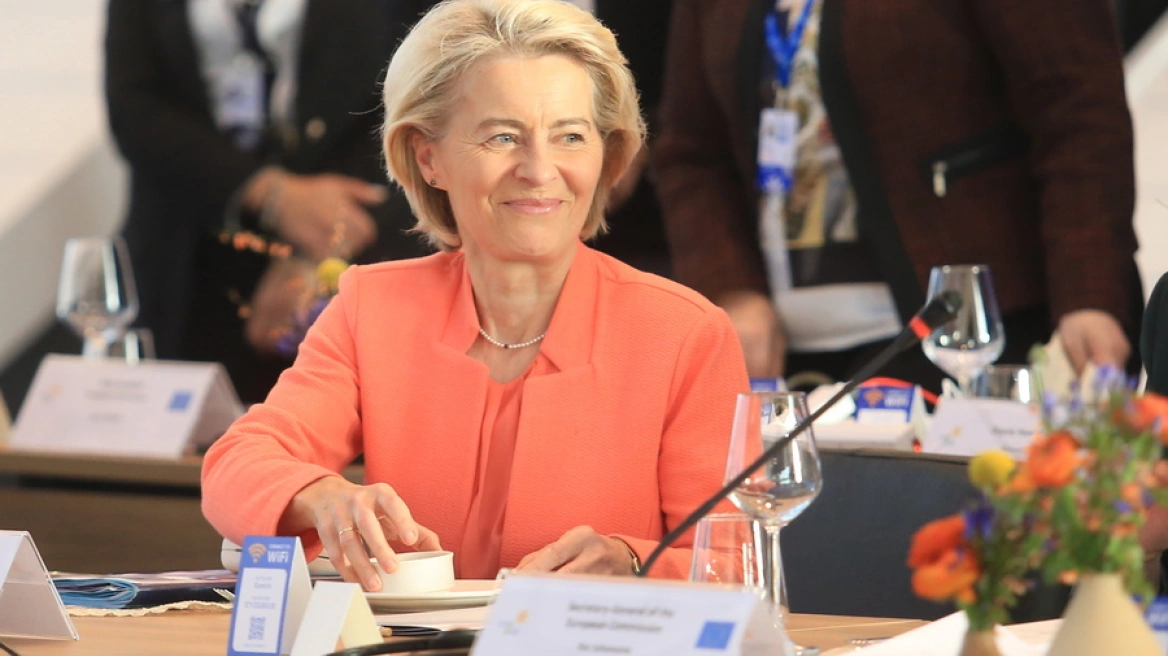Britain is apparently breaking new ground in the “three-parent” debate with the House of Lords approving a bill passed by Commons to allow ‘three parent babies.’
The UK is the first nation in the world to allow the “mitochondrial transfer” technique, known as “three-parent”.
Although the technique is still at research stage in the UK and US, following the latest developments and the approval of the bill, the Brits estimate that the first “three parent” baby will be born in 2016.
According to doctors the above technique could prevent some incurable genetic diseases, while on the other hand many argue that the procedure goes too far and will lead having “designer babies”.
Specifically, the “three-parent” technique means that babies are born from genetically modified embryos with DNA from a mother, father, and female donor. The process removes faulty mitochondrial DNA, thus negating such inherited conditions as liver failure, blindness, and muscular dystrophy.
As often happens in science, many object and call the move “crude” and point out that inheriting traits from three different sources would have an impact on a large range of traits in ways not known today, possibly introducing changes that will be inherited by future generations.
In conclusion it is worth mentioning two examples that stand out on different views.
One of the head of the campaign group “The Center for Genetics and Society” Marcy Darnovsky, who supports that the bill is a “historic mistake” that will ultimately result in couples picking and choosing exactly what traits they want for their children and a second one by the chief director of the Society of Biology Mark Downs who on the other hand praises the “great day for UK science” that would help mothers “have healthy children free from devastating conditions.”
Ask me anything
Explore related questions





